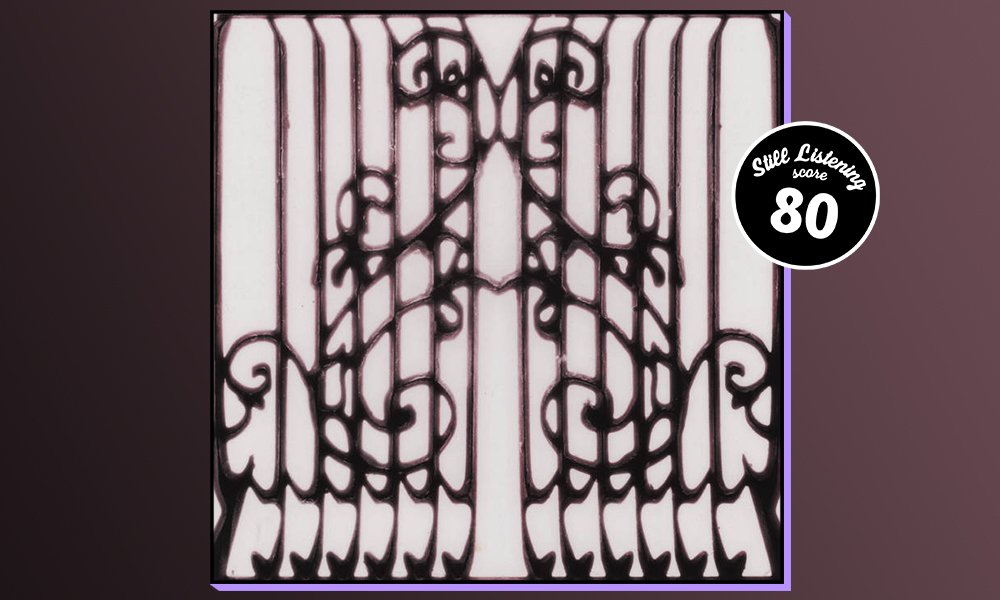Model/Actriz - Pirouette Review
Uncompromising, poetic, and defiantly sincere, Pirouette reclaims punk’s discomfort and reshapes it into something strikingly present and emotionally raw.
Punk became a force through its danger. Its rise sought to make people uncomfortable through presenting truths about social mores absent from more commercially viable recordings and to challenge the idea of how culture should present itself. While the pioneers of these genres still embraced fashion and cultivated images for themselves, the controversy of the music’s sheer existence is something difficult to comprehend for a generation raised in a time where being a fan of “transgressive” music is not particularly anti-conformist. It’s difficult to make exciting music when your scheme is worked off a playbook written decades ago, as so many post-punk bands in 2025 are. Yet, I can genuinely say that Pirouette breaks free from the codified instruction manual for this type of music and presents a distinct vision for what this type of music can be in the modern age.
Its identity and its greatest strength lies squarely in its unabashed sincerity. Despite the band coming of age in the post-Covid Brooklyn music scene, there’s no vocal fry, little in the way of cheap online buzzwords in its lyrics, and thankfully no attempts to make a quick buck off 20-year nostalgia cycles by doing a belated turn towards indie sleaze. The music may be dancier, but the overblown noise and staccato guitars that defined their sound on 2023’s debut Dogsbody remain present throughout. What’s changed is the band itself; this is a record put out by artists who’ve come into themselves both personally and musically.
When reading interviews with the group, a common theme they discuss is confidence. The record exudes this throughout, most obviously from singer Cole Haden’s vocals and lyrics. While openly queer art lingers much less in the shadows than it did in the past, punk music tends to have less of a place for it. Queer imagery is often constrained to the realm of camp or tender balladry, not the vociferating rage and blunt force of punk. Yet, considering discomfort, dissociation and dysphoria are as much hallmarks of many people’s experiences with sexuality as they are identifiers of punk and noise music, Pirouette feels almost revelatory.
Haden still can holler in the vein of their debut, but most of the time chooses to croon in a high register or, on a number of songs, rap. On these moments, his delivery is incredibly uvular and unabashedly cheeky, delivering lines like “I’m such a fucking bitch / Girl, you don’t even know /Just imagine me absolutely soaked / Dripping head to toe in Prada Sport.” On some particularly emo moments on tracks like “Cinderella” or “Departures”, he even reminds me of Chester Bennington, wearing his heart on his sleeve as he croons of “being embodied” by everything from a stranger on the L train platform to the entirety of America’s most boring tax haven (Delaware).
However, with any level of sincere engagement with his lyrics, it’s anything but cheesy. They’re arguably the album’s greatest strength, reading like genuine poetry -- something even more impressive as Haden reportedly improvised some moments live in the studio. The aforementioned “Departures” presents a gut-wrenching portrait of longing and dysphoria, rarely portrayed so candidly in any genre of music as it is here. Meanwhile, the exploration of whether there’s any real value in using suffering for art is laid bare in “Poppy” as he sings “For all I’ve caused a brutal end is apropos / I’ve made my art to suffer for the spectacle.” Haden has spoken of this record as a “coming out” of sorts, yet what’s most interesting about it is that moments like this aren’t about pride or straightforward narratives about overcoming adversity, but rather his vulnerability and self-doubt. His compulsion to romanticise suffering bleeds into genuine masochism and overall paints a portrait of someone who’d obtained a great deal of self-awareness, but who remained far from unconditional self-acceptance.
The simultaneous striving for both validation and isolation extends to Jack Wetmore’s guitars, which as frequently sound like they belong on a dancefloor as they do in a psych ward. Dense walls of sound emanate from his amp, built off precise finger-picking and modulation, altered to form heavy, industrial vibrations throughout much of the album which often barely register as guitar. While he’s just at adept as using this wall to create ambiance (be it the closing moments of “Diva” leading into the brilliant interlude of “Headlights” or the vaporous impressions gluing “Baton” together), his bludgeoning force is quite traditionally hardcore, yet all the noise and angular rhythms end up surprisingly congruous with the vocals.
Pirouette proves to be some of the most engaging guitar music in recent memory. Their understanding that discomfort and dysphoria are inherent parts of what makes heavy music powerful have helped build something very present in the moment as social conservatism pushes the mainstream viability of both musically and lyrically transgressive music back into the shadows once again. And as uncomfortable of a listen as it is at time, it never feels preachy or pitiful. Instead, in all of its aggressive, soft, dancey, and arhythmic moments, it’s an exercise in vulnerability: 2025’s sexiest trend in our society’s behaviour and consequently, its art.

